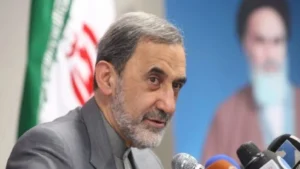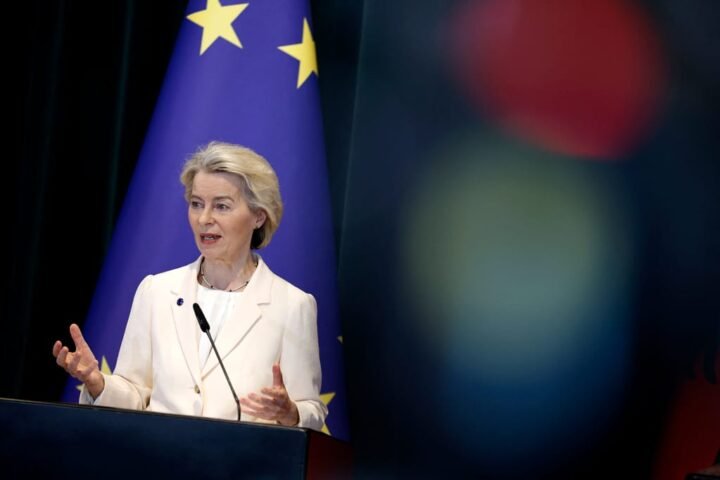Iran Condemns U.S.-Backed Corridor in Armenia-Azerbaijan Peace Agreement
Ali Akbar Velayati, advisor to Iran’s Supreme Leader Ayatollah Ali Khamenei, has firmly rejected the establishment of a U.S.-backed corridor outlined in the recent peace agreement between Armenia and Azerbaijan, citing concerns over a potential NATO presence near Iranian borders, reports 24brussels.
In an interview with the Tasnim news agency, Velayati declared, “Iran will not allow it,” referring to the proposed 43-kilometer corridor. He characterized the initiative as “a political plot against Iran and other neighboring countries” and expressed skepticism about its viability.
The agreement, signed by Armenian Prime Minister Nikol Pashinyan and Azerbaijani President Ilham Aliyev at the White House, proposes reopening a corridor linking Azerbaijan to its Nakhichevan enclave through Armenian territory. This corridor, dubbed the Trump Route for Peace and International Prosperity (TRIPP), is to be exclusively developed by the United States.
Historically, the Islamic Republic has been opposed to the corridor’s establishment, known previously as the Zangezur corridor, even during times when Russia advocated for its operationalization. Iran summoned the Russian ambassador in September after Moscow’s endorsement of the project’s inception, highlighting the complexities of its diplomatic relations in the region.
The corridor is deemed crucial for the peace agreement, with the White House asserting that it would “allow seamless connectivity between the two countries, respecting the sovereignty, territorial integrity, and people of Armenia.” With nearly four decades of conflict in the South Caucasus at stake, the success or failure of this corridor may significantly impact regional stability.
As the geopolitical dynamics evolve, Iran’s swift denunciation signals its ongoing apprehension of foreign influence on its neighboring territories and its commitment to preserving its national sovereignty amidst shifting alliances.










